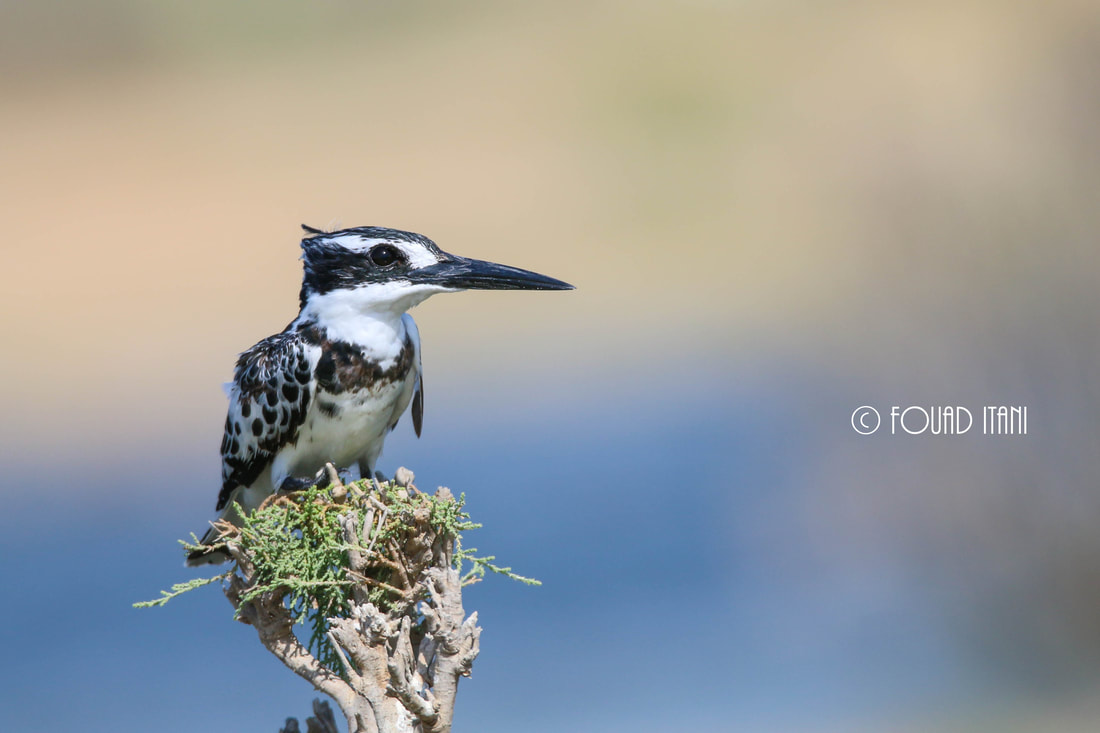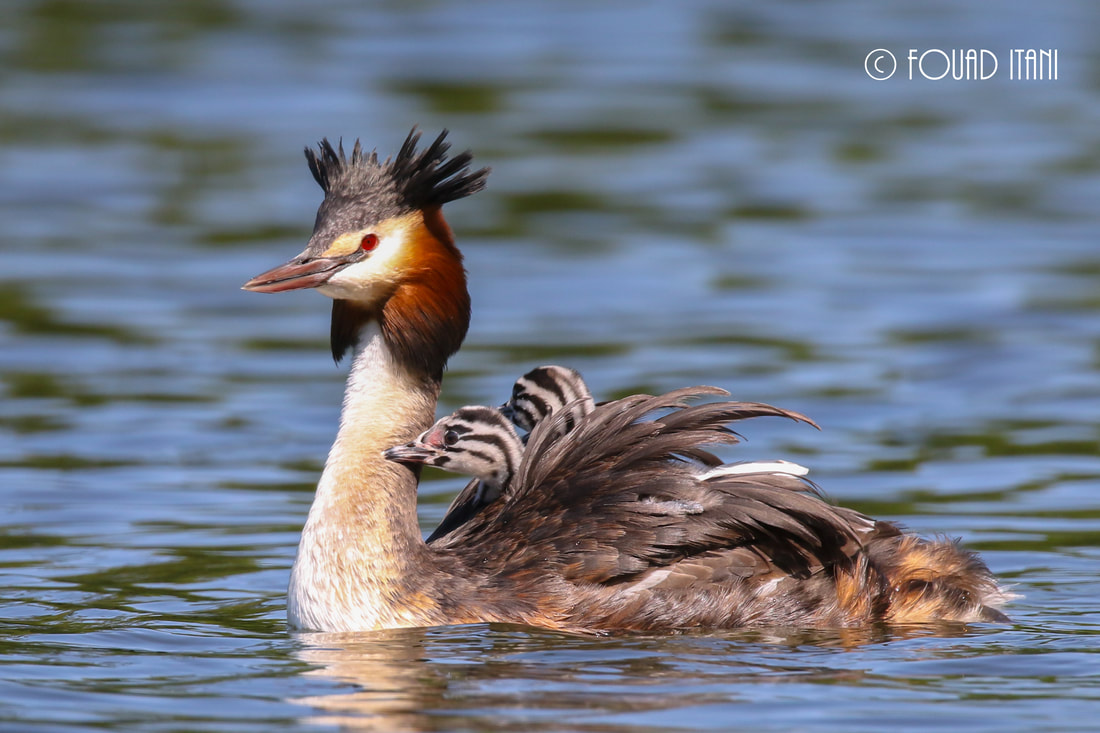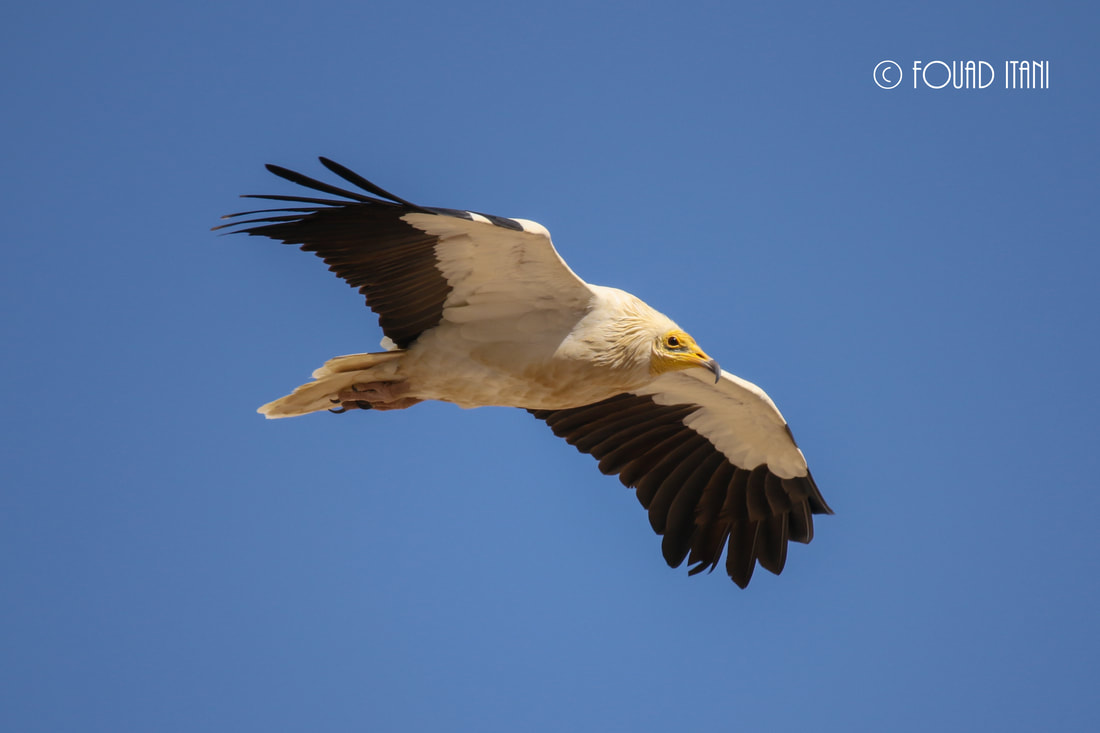ABCL
The Association for Bird Conservation in Lebanon is a Non-Governmental Organization (file number: 2019/590) that works for the conservation of birds and their habitats through education, awareness, advocacy, outreach activities and stewardship.
PIED KINGFISHERFormer breeder. Scarce passage migrant and rare winter visitor. Coast, islands, rivers, lakes and wetlands. Recorded as uncommon to scarce passage migrant and very rare winter visitor early August to late April on coasts and at inland waters. (Birds of Lebanon: A Photographic Guide to 404 Species) |
GREAT CRESTED GREBESmall numbers regularly winter at Qaraoun lake, Tanayel pool, Tripoli, Yammouneh pond, and other areas of freshwater. Single migrants mainly near coasts. Scarce summer visitor with a first breeding record 28 April 2019 at Aammiq Wetlands. (Birds of Lebanon: A Photographic Guide to 404 Species) . |
EGYPTIAN VULTUREUncommon passage migrant, March to early June (most mid-March to mid-April) and late August to late October, principally over the Beqaa Valley and Lebanon mountain range. (Birds of Lebanon: A Photographic Guide to 404 Species) |
OUR GOALOur birds are disappearing. We're changing that. |
First Let'sDiscover
Due to its wide diversity of habitats and its position on a major world bird migration route, Lebanon offers some of the best birdwatching in the world. Visit Lebanon for a chance to discover 404 species of birds while enjoying the country's natural and historical sites and indulging in flavorsome dishes from its traditional cuisine.
|
Now let's WORKConserve
Illegal hunting, habitat loss and degradation, bad agriculture practices, pollution, logging and pesticides, are without doubt contributing to the extinction of several species, that without leadership and decisive action urgently will disappear forever. These are birds that perform vital services and bring joy to people in many other countries.
|
IT'S UP TO USChange
Controlling those threats offers an opportunity for Lebanese politicians to show leadership and Lebanon itself can show leadership in the region. Enforcing the hunting law will boost national revenues and crucially, there are opportunities to improve society both inside and outside Lebanon. We see a future where tourists visit Lebanon to watch birds and birds generate jobs and revenue.
|



